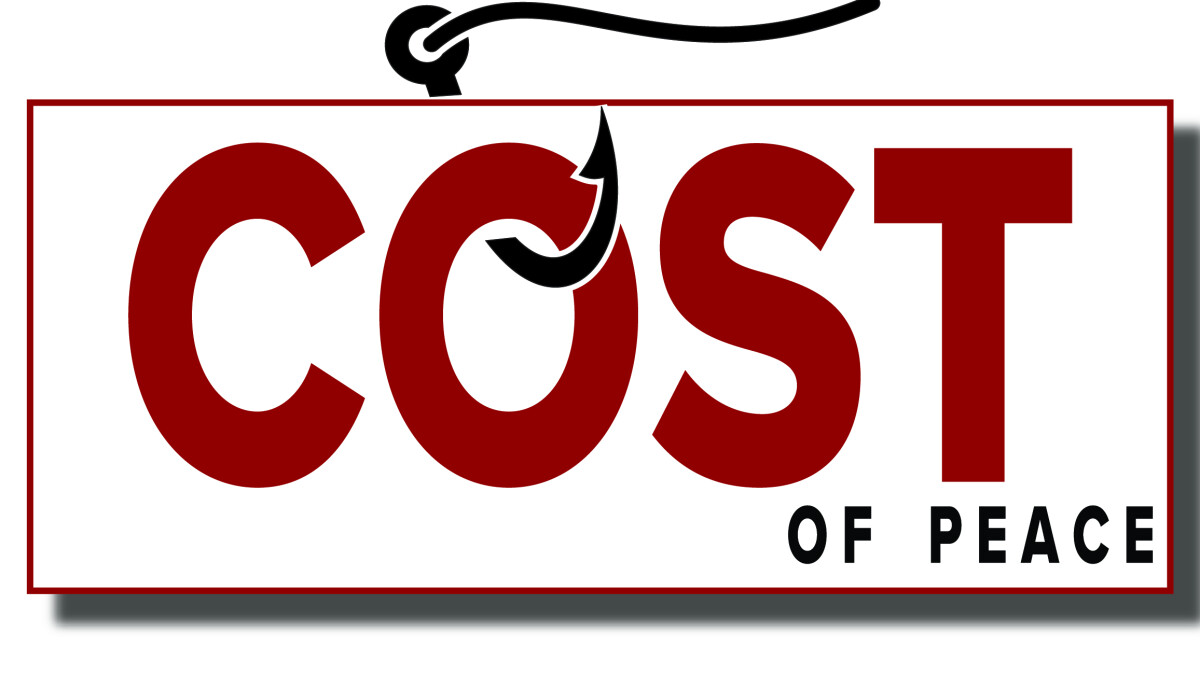September 01, 2021 | Letters from the Lead Pastor by Brandon Lenhart

Forgiveness is the cost of peace. In the Gospel of Luke in the New Testament, Jesus is quoted as saying to His disciples, “If your brother sins, rebuke him, and if he repents forgive him, and if he sins against you seven times in the day, and turns to you seven times, saying, ‘I repent,’ you must forgive him” (ESV, English Standard Version).
Most people within the Christian Church understand the importance of forgiveness. However, understanding and applying this truth is not always easy, especially depending on the extent and the content of the hurt/offense that has been incurred.
There is a philosophy that goes something like this: “Fool me once, shame on you; fool me twice, shame on me;” the idea being, if you do something to me more than once, and I don’t learn from it the first time, then I’m the one who’s to blame. However, how does this relate to offenses? Should I continue to forgive someone who sins against me?
In the ancient Jewish culture, it was required of a person to forgive a person who sins against you up to 3 times but not beyond. In the above verse from Jesus in Luke’s Gospel, Jesus doubles the requirement and adds another for good measure. It’s also important to note the significance of the number “7” in ancient Jewish culture. “7” was the number of completion or perfection. In essence, Jesus is saying that a follower of His should forgive completely no matter how many times an offense occurs.
So, what are Jesus’ disciples’ responses? “Lord, increase our faith!” They knew that it would be humanly difficult, if not impossible, to forgive like this. Jesus reminds them that it’s not just faith that they need, their faith needs to be focused on Him, the great Faith Giver. Faith in anything or anyone else is not guaranteed, but faith in Christ is more powerful than any other faith known to mankind.
You may be asking, “But Brandon, should I continue to allow people to hurt me? Am I supposed to stay in harm’s way and continue to forgive my abuser? To that, I would offer an absolute, “NO!” Forgiving someone of their offenses against me doesn’t require me to subject myself to perpetual, continual assault. However, forgiving does mean that we don’t hold those offenses against them anymore, even if they have been perpetual and continual. To not forgive someone is to allow yourself to be held in bondage to them through the hurt they have caused you. To not forgive someone of their sins against you is to cause internal damage to your mental, emotional, and spiritual well-being. To not forgive someone of their offenses, is to allow that person to continue to have control over you. And finally, to not forgive someone is to put yourself in a position to not be forgiven by GOD (Mt. 6:14-15).
So, what is the cost of peace? The cost of peace is forgiveness. The person who forgives completely is forgiven completely by the Father in Heaven. The person who forgives others of their offenses is the person who experiences true peace.
Is there anyone in your life that you haven’t forgiven for some wrong they have done against you? Why don’t you take it to the Lord in prayer and ask Him to help you forgive them the way that He has forgiven you.


